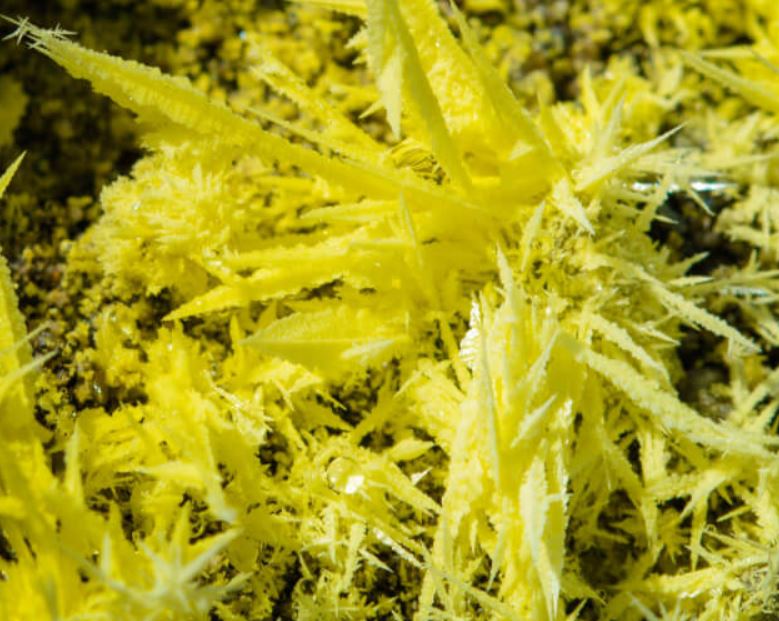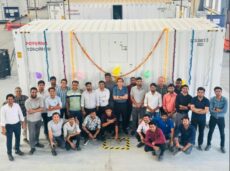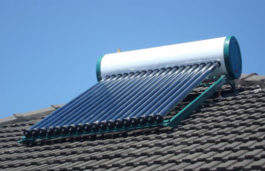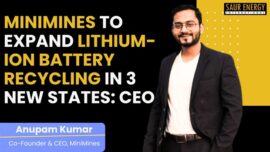Highlights :
The German cell maker says its Crystal Batteries cost less as they employ lithium-sulphur cathode technology in place of lithium-ion.
Theion combines the crystal material properties of sulfur with carbon nanotubes and a solid electrolyte that increases the lifespan of its batteries.

Berlin based battery start up Theion is coming up with its ‘Crystal Battery’ which – in comparison to lithium-ion batteries – increases the energy density of the cell by three times, requires 90 per cent less energy to produce them and costs far less.
According to Theion, the Crystal Batteries employ lithium-sulphur cathode technology and not the traditional lithium-ion. The company says that sulphur is about 99% cheaper to source than cathode materials and it’s often produced as a byproduct of several industrial processes – making it far more abundant than any rare earth material used presently in battery manufacturing across the world. A single charge can be enough to take a car to run 900 miles which is impossible with the lithium-ion cells in the present day.
The newly appointed Chief Executive Officer of Theion, Dr Ulrich Ehmes, says, “Existing battery technology uses nickel, manganese, and cobalt for the cathode. It’s called NMC 811, because it has 80% nickel, 10% cobalt, 10% manganese. In our case, we replace this NMC 811 with sulfur. So we have no nickel, no manganese, no cobalt, and we replace the current collective folds of copper and aluminum with graphene, so we have also no aluminum and no copper in our cells either. The only things we have in our cells are lithium metal foil, sulfur, and carbon.”
According to the info on the firm’s website, Theion is growing a pure Sulfur wafer by its Direct Crystal Imprinting (DCi) method (no slurry coating, no solvents, no water, no drying) directly from molten Sulfur in a few seconds. Because of the flexibility of the process, they can grow any geometrical shape of wafer, while recommending a hexagonal shape for space-efficiency reasons.
It claims to remove nearly all volumetric fluctuation of sulfur at wafer level by a special conversion process. So, their cathode is able to work at low porosity. In their Gen 1 and Gen 2 Crystal cell, they use lithium metal foil as anode. Further anode designs are in their Technology Roadmap (Gen 1 to Gen 4).
Theion is expected to start supplying the crystal batteries this year to aerospace customers. Then batteries will be provided to air taxis, drones, mobile phones and laptops. The company plans to serve the electric vehicles segment at last in 2024.





























